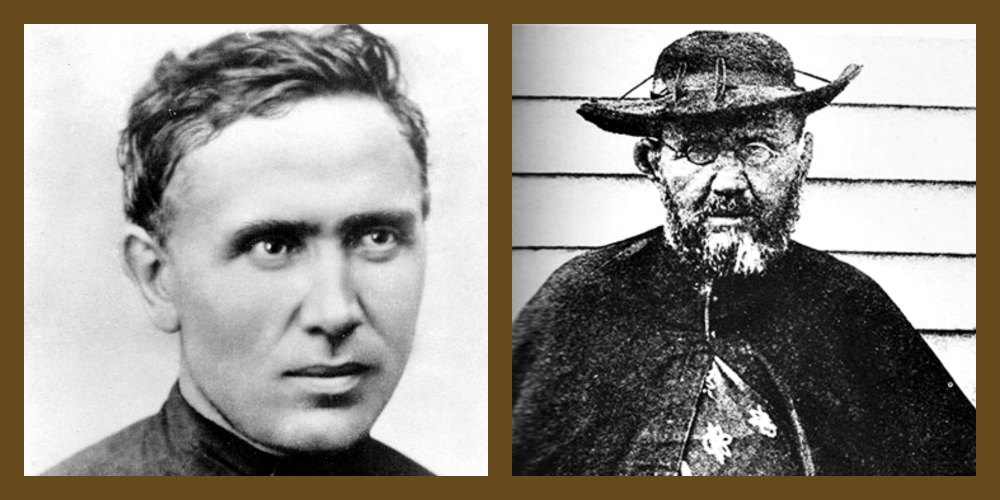Praying the Gospel through the Rosary: The Scourging at the Pillar
Submitted by Deacon Jim Krupka
In the Gospels, we read that Pilate recognized Jesus’ innocence. Pilate hoped to satisfy the crowd by whipping Jesus, then letting him go. We know the crowd did not accept that and pressured Pilate to execute Jesus. So, in Jesus’ case, scourging was not a means of punishment on its own. Whipping was a preliminary step in the process of execution. Historians tell us that flogging was part of most Roman executions. Scourging happened with a short whip with weights to add force. The man was stripped and tied to a post. The scourging was intended to weaken the victim to near collapse.
The Gospel of John tells us how the scourging transpired. “Then Pilate took Jesus and scourged him. And the soldiers plaited a crown of thorns, and put it on his head, and arrayed him in a purple robe; they came up to him, saying, ‘Hail, King of the Jews!’ and struck him with their hands” (Jn 19:1-3). St. Teresa of Avila wrote, “I saw an image representing Christ sorely wounded; and so conducive was it to devotion that when I looked at it I was deeply moved to see Him thus, so well did it picture what He suffered for us. So great was my distress when I thought how ill I had repaid Him for those wounds that I felt as if my heart were breaking, and I threw myself down beside Him, shedding floods of tears and begging Him to give me strength once for all so that I might not offend Him.”
In our meditation, a focus can be on why did Jesus allow this to happen? Scourging is a historical fact. Roman and Jewish records document that the Crucifixion occurred. The mystery is the “why” and “for what purpose?” The answer is similar to understanding the Agony in the Garden. In the act of love and obedience to the Father, Jesus said “yes” to this act of redemption. St. Teresa helps us relate and find the purpose. She challenges us to use mediation on Jesus’ suffering to amend our lives. She says, “If You, Lord, are willing to suffer all this for me, what am I suffering for You? What have I to complain of?” I am ashamed, Lord, when I see You in such a plight, and if in any way I can imitate You, I will suffer all trials that come to me and count them as a great blessing.”
